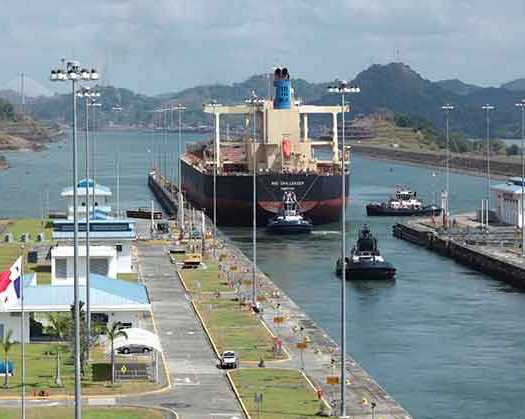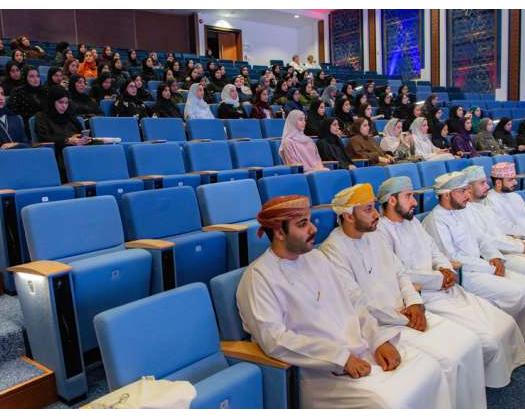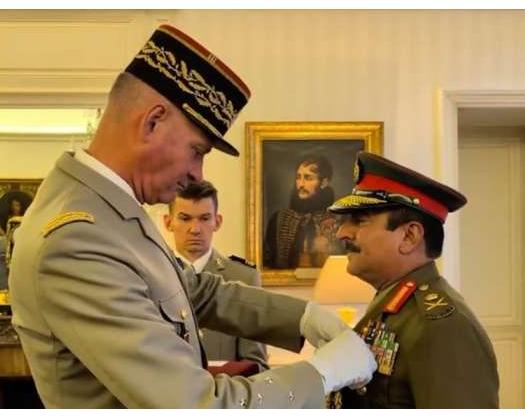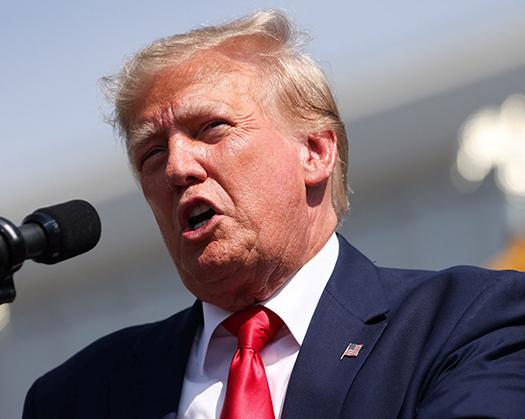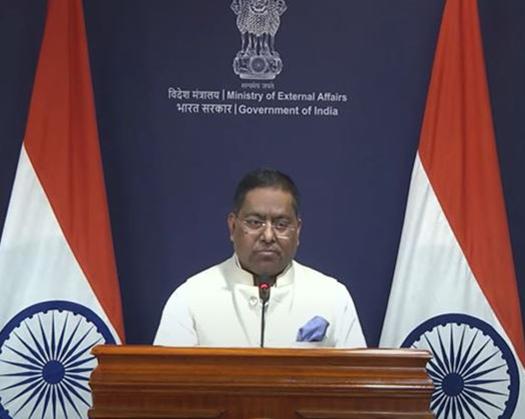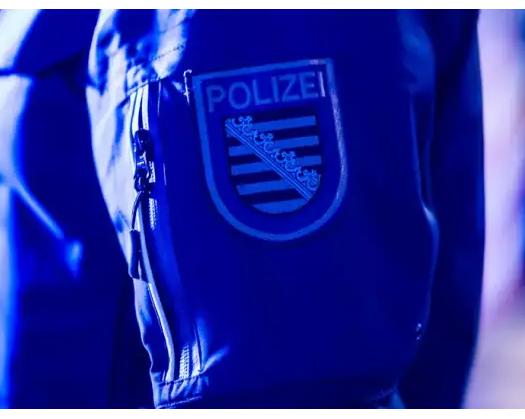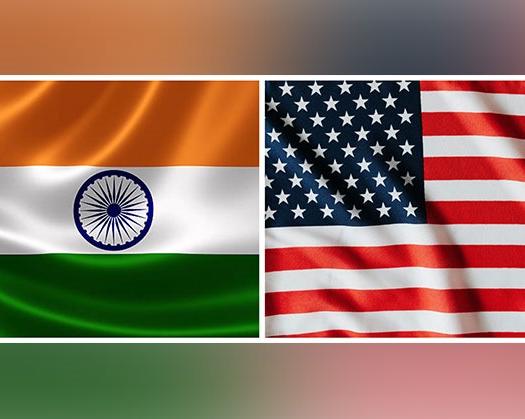Beijing: In response to US President Donald Trump's comments about "taking back" the Panama Canal from China, the commander of the US military's Southern Command is scheduled to visit Panama from February 19-20. The purpose of this visit is to discuss security cooperation aimed at "safeguarding the Panama Canal area from China's influence and control."
On the other hand, China asserted on Thursday that it has never been involved in the management or operation of the canal, nor has it interfered in its affairs.
The Chinese Embassy in Panama dismissed the allegation of Chinese control over the canal as "nothing but a lie," according to a report by the Chinese media outlet Global Times.
Meanwhile, the US Embassy in Panama announced on Wednesday that Admiral Alvin Holsey, the commander of Southern Command, is in Panama to engage with the country's leaders to enhance cooperation and address significant regional challenges, including efforts to protect the canal area from the influence and control of the Chinese Communist Party.
China contended that it is the US that has been persistently threatening to "take back" the canal and trying to reassert control over it. The Chinese Embassy stated that the US's actions to undermine China-Panama relations are unpopular and destined to fail, as reported by the Global Times.
This situation arises amid escalating tensions between the United States and China following President Trump's inauguration.
During his inaugural address on January 20, Trump stated, "China is operating the Panama Canal. And we didn't give it to China. We gave it to Panama, and we're taking it back."
The CNN reports that central to Trump's claims is a Hong Kong-based firm managing two crucial ports at either end of the 50-mile waterway, alongside growing worries regarding Beijing's increasing influence in a region historically dominated by the United States.
Earlier this month, U.S. Secretary of State Marco Rubio met with Panama's President, Jose Raul Mulino, in Panama. Rubio conveyed to Mulino that Trump viewed the current circumstances at the canal as "unacceptable" and warned that without prompt changes, the U.S. would need to take necessary actions to safeguard its rights under a treaty with Panama, as stated in a U.S. State Department summary of the discussion.
Following the meeting, Mulino announced his decision not to renew Panama's participation in China's Belt and Road Initiative.
In response, China's Foreign Ministry condemned the U.S. for employing "pressure and coercion" to "discredit and undermine" cooperation under the Belt and Road framework. A spokesperson for Beijing expressed hope that Panama would "eliminate external interference" and "make the right decision."

